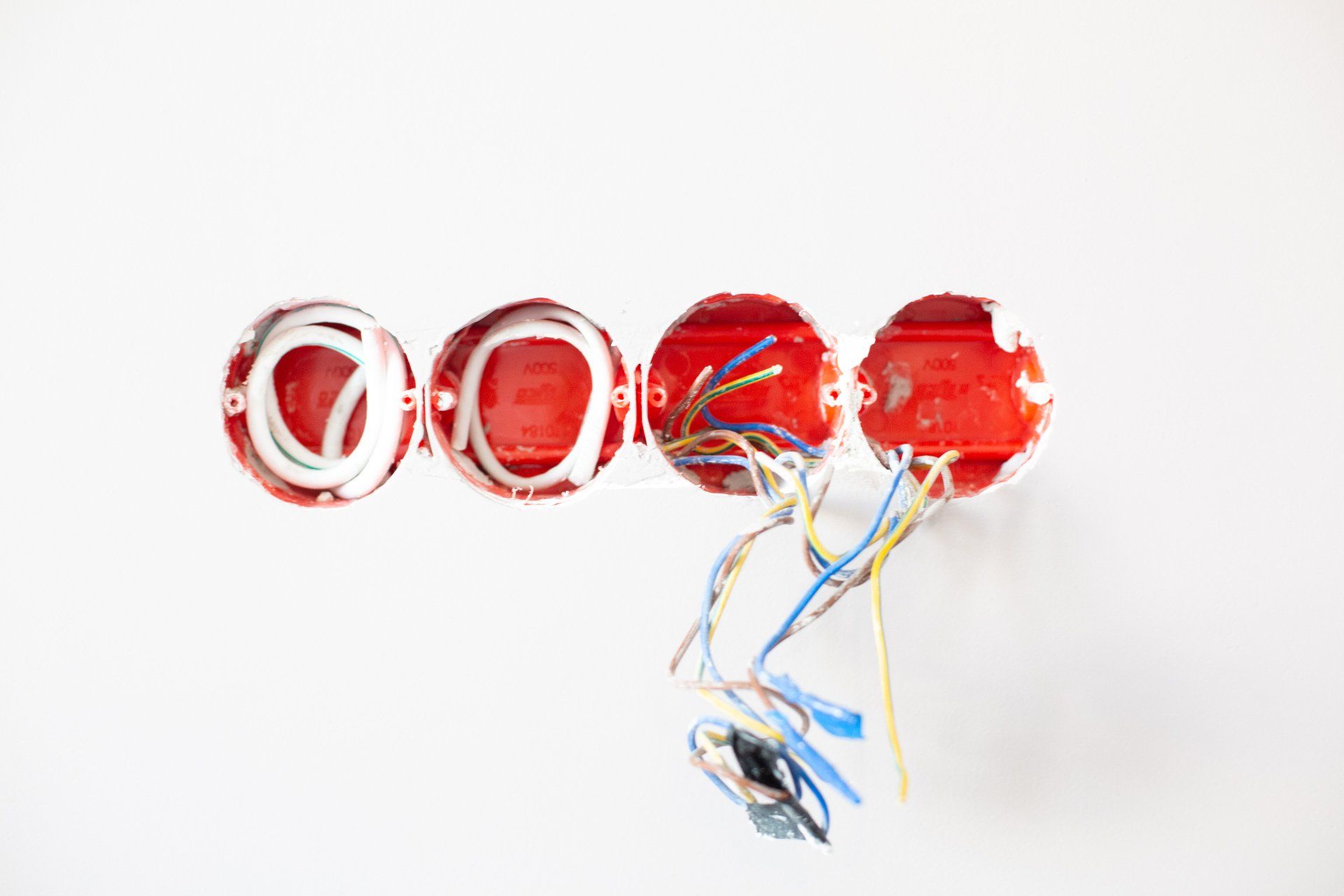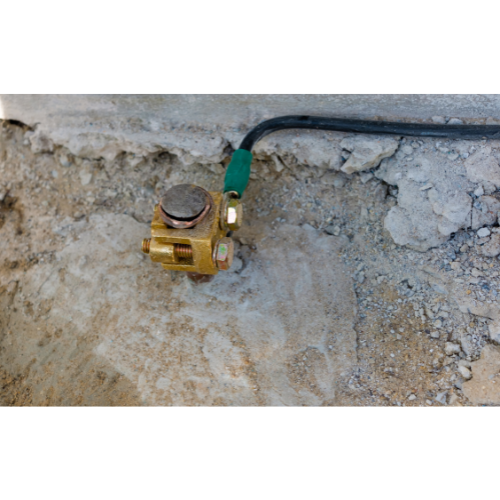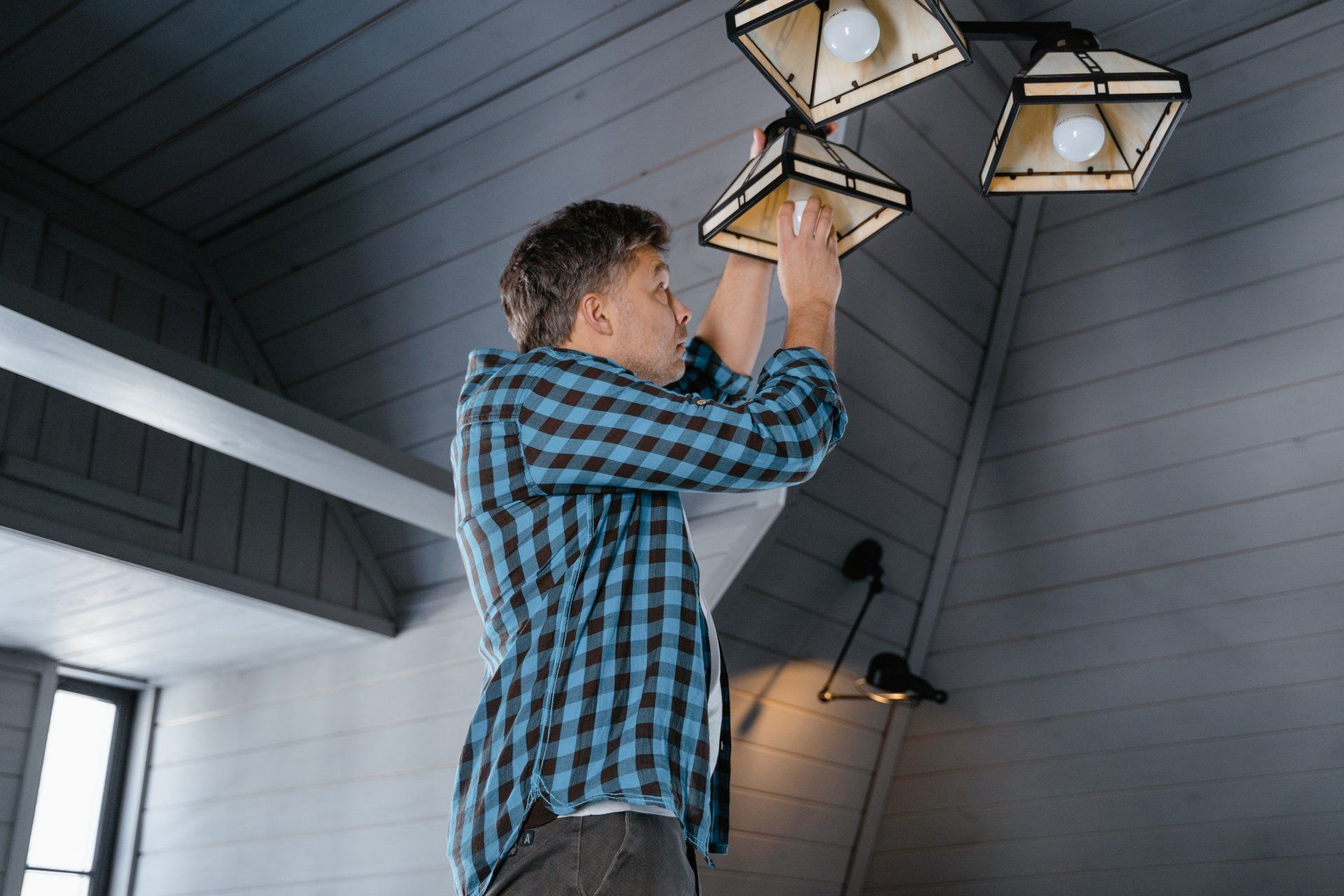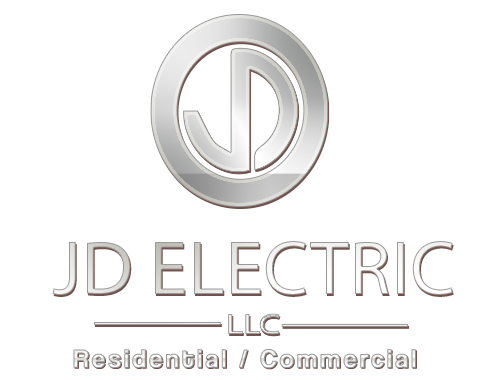Understanding the Different Types of Electrical Outlets
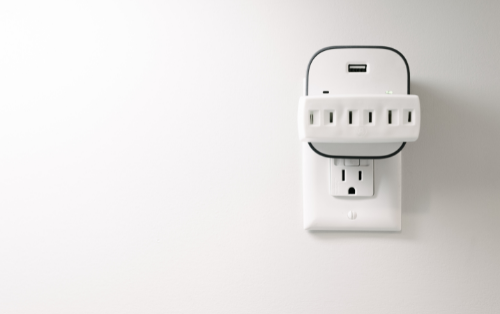
Electrical outlets are an essential component of every home, providing the power source for our appliances, devices, and electronics. However, not all electrical outlets are created equal. There are various types of outlets, each designed for specific purposes and offering unique features. In this blog post, we will explore the different types of electrical outlets commonly found in homes. By understanding their characteristics and applications, you can make informed decisions when it comes to electrical installations, upgrades, and compatibility with your devices.
Standard Outlets:
Standard outlets, also known as duplex outlets or 120-volt outlets, are the most common type found in residential buildings. They feature two vertical slots for plugging in devices and typically provide 15 or 20 amps of power. Standard outlets are suitable for a wide range of electrical appliances, lamps, chargers, and other household devices.
Ground Fault Circuit Interrupter (GFCI) Outlets:
GFCI outlets are crucial safety devices, especially in areas where water is present, such as kitchens, bathrooms, laundry rooms, and outdoor locations. These outlets are designed to protect against electrical shocks by quickly shutting off power if a ground fault is detected. GFCI outlets have test and reset buttons and are easily recognizable by their "Test" and "Reset" labels or buttons.
Arc Fault Circuit Interrupter (AFCI) Outlets:
AFCI outlets are designed to prevent electrical fires caused by arcing faults, which can occur due to damaged or deteriorated wiring. These outlets monitor the electrical current for any signs of arcing and disconnect power if detected. AFCI outlets are commonly used in bedrooms, living rooms, and other areas where fires can be a significant risk.
USB Outlets:
USB outlets, also known as USB charging outlets, have become increasingly popular in homes due to the proliferation of devices that charge via USB, such as smartphones, tablets, and smartwatches. These outlets feature built-in USB ports alongside the traditional power outlets, allowing for convenient charging without the need for adapters or bulky power bricks.
Switched Outlets:
Switched outlets have a built-in switch that allows you to control the power supply to the outlet. These outlets are commonly used for lamps, where the switch controls the lamp's lighting. They provide added convenience, allowing you to easily turn on or off connected devices without unplugging them.
Weather-Resistant Outlets:
Weather-resistant outlets are designed for outdoor use, providing enhanced protection against moisture, rain, and other environmental elements. These outlets have a weatherproof cover that helps prevent water ingress, ensuring safe and reliable power supply for outdoor appliances, lighting, and other electrical devices.
Tamper-Resistant Outlets:
Tamper-resistant outlets are equipped with internal shutters that prevent the insertion of foreign objects into the slots. These outlets are especially important for homes with young children, as they reduce the risk of electrical shocks or injuries resulting from tampering with outlets.
Twist-Lock Outlets:
Twist-lock outlets are commonly used in commercial or industrial settings and are characterized by their twist-lock design. These outlets require a compatible plug with corresponding prongs that lock into place when twisted, providing a secure and reliable connection. Twist-lock outlets are often used for heavy-duty equipment, machinery, and high-power applications.
Specialty Outlets:
Specialty outlets cater to specific needs or appliances. Examples include dedicated outlets for electric stoves, dryers, air conditioners, or specific high-power equipment. These outlets are designed to accommodate the power requirements and unique configurations of the respective appliances.
Understanding the different types of electrical outlets is essential for making informed decisions about your home's electrical system. Whether you're considering a new electrical installation, upgrading existing outlets, or ensuring compatibility with your devices, knowing the characteristics and applications of various outlet types is crucial. Consult with a qualified electrician to assess your specific needs and ensure proper installation and compliance with electrical codes and safety standards. Contact JD Electric for all your electrical needs at 734-216-0787




